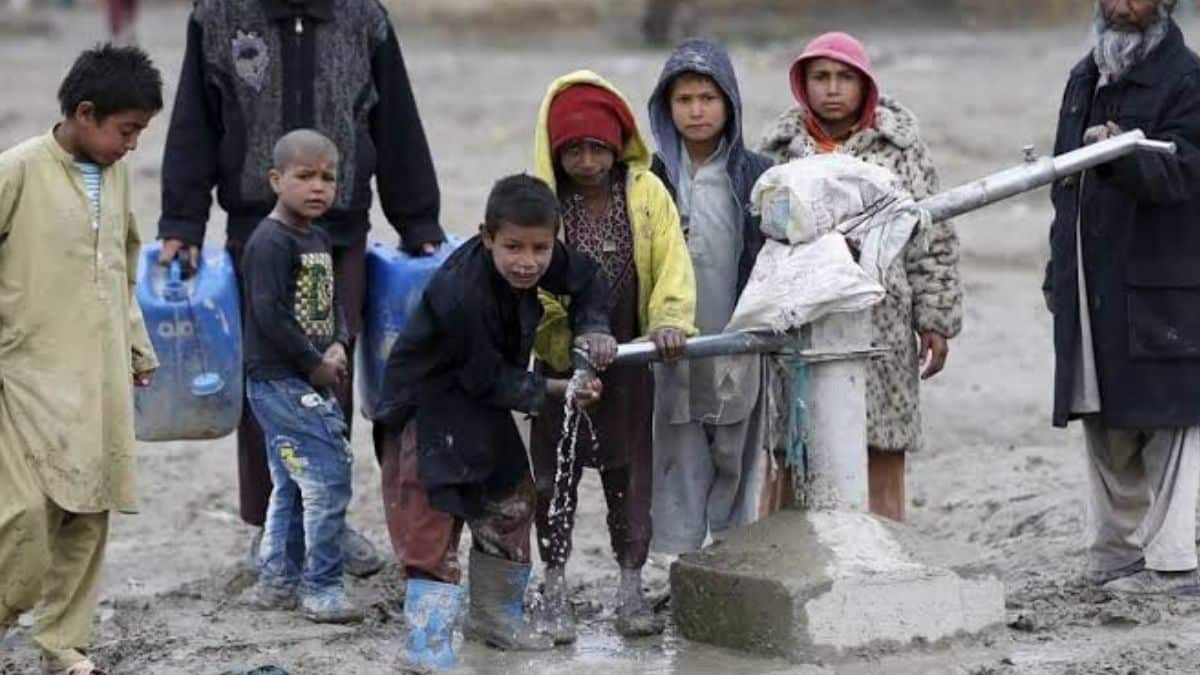The Wakhan Corridor, known for its rugged terrain and extreme isolation, has long faced infrastructural challenges. However, the current crisis underscores a growing humanitarian issue. Residents report that they are forced to rely on contaminated water sources, leading to increased incidences of waterborne diseases and severe dehydration, particularly among children and the elderly.
Local authorities and aid organizations have recognized the gravity of the situation but face significant obstacles in delivering aid. The region’s remoteness and the ongoing security issues in Afghanistan complicate logistical efforts, making it difficult to install the necessary infrastructure for clean water supply.
Efforts are underway to address the crisis. Humanitarian groups are working to bring in portable water purification units and explore sustainable solutions, such as digging new wells and improving existing water systems. However, these initiatives require substantial resources and time, leaving many families in urgent need of immediate relief.
The international community and local stakeholders are called upon to enhance their support. Increased funding, coordinated relief efforts, and infrastructural investments are essential to alleviating the suffering of these communities. Addressing this water crisis not only involves immediate aid but also long-term strategies to ensure that such essential needs are met in one of Afghanistan’s most challenging regions.
The Afghan government, in collaboration with international partners, needs to prioritize water resource management in its policy agenda. This includes creating comprehensive water management plans.

